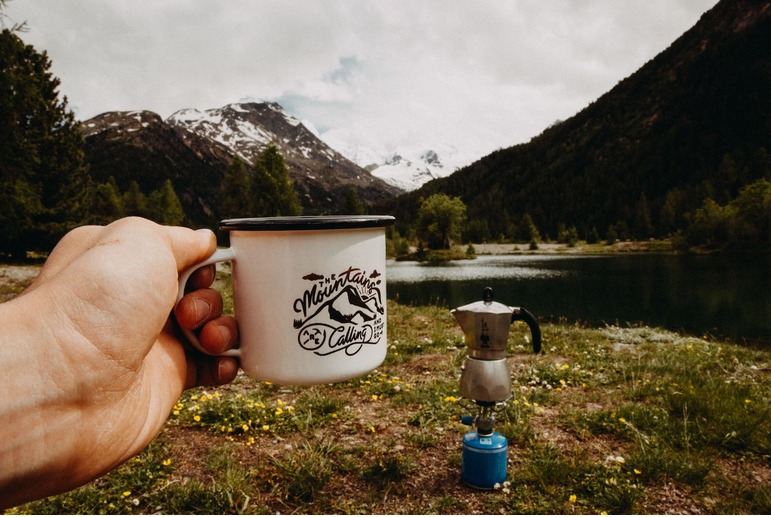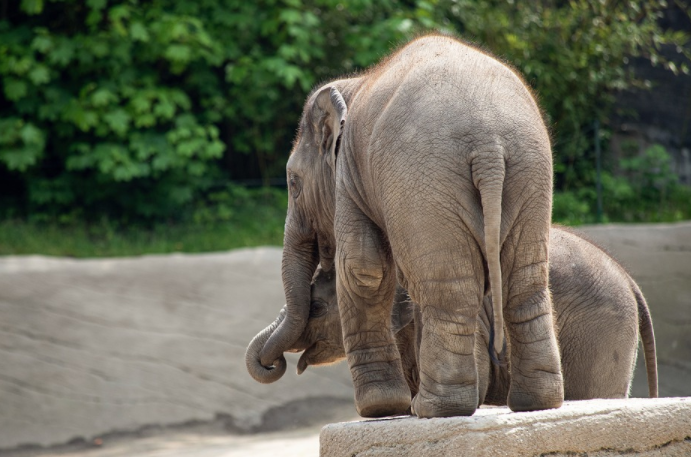Camping is a wonderful way to connect with nature, unplug from the digital world, and enjoy the great outdoors. Thanks to Eiken Shop and other online platforms dedicated to camping, it is easy to get the most out of your camping trip. However, it’s essential to prioritize safety while camping to ensure a memorable and incident-free experience. In this guide, we’ll explore a range of tips and techniques to safeguard you during your camping trips.
Plan and Prepare Thoroughly
Before embarking on your camping adventure, comprehensive planning is essential. Research the area you’ll be visiting, familiarize yourself with the local rules and regulations, and check the weather forecast. Create a detailed itinerary, share it with a trusted loved one, and inform them of your return date.
Choose the Right Campsite

Selecting the right campsite can significantly impact your safety. Opt for designated campsites when possible, as they often have established facilities and are regularly patrolled. If you’re camping in a more remote area, ensure it’s a safe and legal place to camp, and consider factors like proximity to water sources, wildlife activity, and terrain.
Pack Wisely
Your camping gear is your lifeline in the wilderness, so pack wisely. Make a checklist and include essential items like a first aid kit, navigation tools (map and compass or GPS), sufficient food and water, appropriate clothing for the weather, and a multi-tool or knife. It’s also a good idea to carry a fire starter, a flashlight, and extra batteries.
Practice Fire Safety
If you plan to have a campfire, do so safely. Follow the rules and regulations for campfires in your area, and use a designated fire ring or fire pan if available. Keep a bucket of water and a shovel nearby for quick extinguishing, and never leave a fire unattended. When you’re done, ensure the fire is completely out.
Beware of Wildlife
Camping often means sharing the outdoors with wildlife. To stay safe, store your food in bear-resistant containers or bear bags to prevent attracting bears and other animals to your campsite. Keep a safe distance from wild animals, never feed them, and follow local guidelines for bear safety and other wildlife encounters.
Stay Hydrated

Dehydration is a common risk while camping, especially in hot weather. Ensure you have an ample supply of clean water and drink regularly to stay hydrated. If you’re camping near natural water sources, bring a water filter or purification tablets to treat the water before drinking.
Know Basic First Aid
Familiarize yourself with basic first aid skills and carry a well-stocked first aid kit. Know how to treat common outdoor injuries like cuts, scrapes, blisters, sprains, and insect bites. It’s also advisable to take a wilderness first aid course for more advanced knowledge.
Camping is a rewarding and rejuvenating experience, but safety should always be a top priority. By planning, packing smartly, following safety guidelines, and respecting nature, you can ensure that your camping trips are not only enjoyable but also safe and memorable. So, venture into the wilderness, embrace the serenity of nature, and create lasting memories while staying safe along the way.




 Considering Baltimore is a city rooted in history, folklore, and disaster, it’s really not surprising that a whole host of local
Considering Baltimore is a city rooted in history, folklore, and disaster, it’s really not surprising that a whole host of local